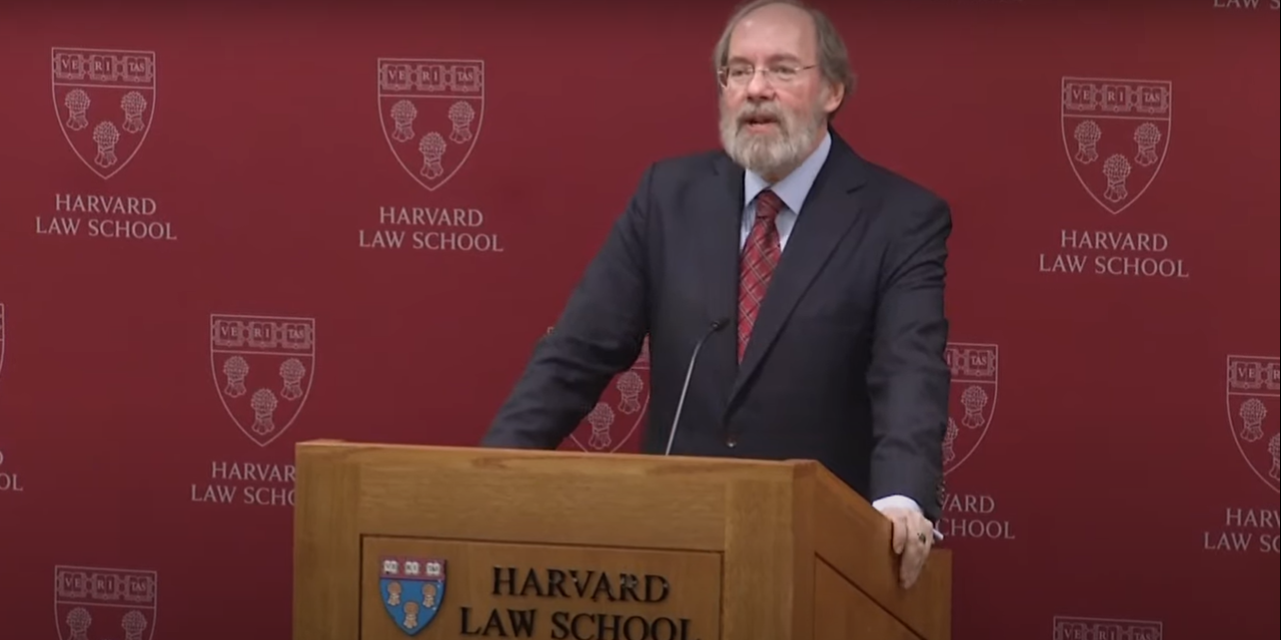A federal appeals judge has ruled the state of Illinois can again enforce its ban on so-called "assault weapons," for now.
In an order issued Thursday afternoon, Judge Frank Easterbrook, of the U.S. Seventh Circuit Court of Appeals, granted a request from Illinois Attorney General Kwame Raoul to put on hold the injunction entered last Friday by U.S. District Judge Stephen McGlynn.
The order came from Easterbrook without giving an opportunity for the gun owners and Second Amendment rights advocates who are suing the state to respond to Raoul’s request.

Kwame Raoul
| The Center Square
However, in the order, Easterbrook gave the plaintiffs until May 9 to file a response to the order.
He notably directed them to include in their response a discussion on “the bearing of” two prior decisions from the Seventh Circuit addressing the constitutionality of “assault weapons” bans. In those decisions, known as Friedman v Highland Park and Wilson v Cook County, the Seventh Circuit court upheld “assault weapons” bans in suburban Highland Park and in Cook County, finding the Second Amendment’s guarantee of the right for Americans to keep and bear arms did not prevent governments from banning entire categories of firearms in the name of public safety.
In the Friedman decision, particularly, the Seventh Circuit declared its belief the Second Amendment “does not imperil every law regulating firearms.” The court noted people living under such bans could still purchase other firearms for self-defense.
The state appeared to use those local bans as models for the so-called Protect Illinois Communities Act.
That law, signed by Gov. JB Pritzker in January, banned a long list of semiautomatic firearms the state designated as “dangerous” assault weapons, along with firearm accessories, including so-called “large capacity” ammunition magazines, capable of holding more than 10 rounds in a clip.
The state also required current owners of those weapons to register them with the state beginning this fall. Those in defiance of the law could face criminal charges, including steep fines and imprisonment.
The law was immediately challenged in a bevy of lawsuits filed in federal and state courts, asserting the state had violated gun ownership rights under both the U.S. and Illinois state constitutions.
TheIllinois Supreme Court is scheduled to hear arguments on a state law-based challenge on May 12.
In the meantime, federal judges have entered the fray, issuing divided decisions on the question of whether the state should be allowed to enforce the ban while the larger constitutional questions play out.
Gun owners assert the constitutional questions are strong enough that the state should not be allowed to deny them the right to buy the weaponry of their choice, and should not be allowed to endanger the livelihoods of gun shop owners by potentially putting them out of business while the lawsuits drag on for months or even years before the cases may reach their conclusion before the U.S. Supreme Court.
Two federal judges in Chicago denied requests from plaintiffs in two different cases for an injunction barring the state from enforcing the law. In those decisions, U.S. District Judges Lindsay Jenkins and Virginia Kendall sided with the state, declaring the state was free to ban any weapons it believes are “particularly dangerous,” even if those weapons are owned by millions for lawful purposes.
The Seventh Circuit then denied a motion by a Naperville gun shop owner to toss out those rulings and impose the injunction statewide. That ruling came without explanation or further guidance for lower courts still hearing the constitutional challenges.
However, in federal court in East St. Louis, Judge McGlynn reached a different conclusion, finding that the state law falls far short of being constitutional in light of recent U.S. Supreme Court decisions concerning Second Amendment rights and attempts by governments to ban either gun ownership or the use of firearms.
McGlynn slapped an injunction on enforcement of the law statewide on Friday, April 28. The ruling set off a buying frenzy at gun shops statewide, as gun buyers sought to take advantage of what they rightly concluded could be a short window to make purchases before the ban was reimposed.
After McGlynn did not immediately move to stay his injunction, Raoul asked the Seventh Circuit to stay McGlynn’s ruling. In that motion, Raoul argued McGlynn’s decision was “unprecedented,” overly broad and legally deficient, while placing Illinois at a heightened risk of further mass shootings.
Raoul noted the decision did not address the prior decisions from Kendall and Jenkins, nor the Seventh Circuit’s decision to deny the request to impose an injunction in the case decided by Kendall.
Further, Raoul pointed to the Seventh Circuit’s Friedman and Wilson decisions, which the attorney general argued were not undone by the Supreme Court decisions that set a heightened standard for governments to clear when banning guns.
Gun rights organizations have argued the opposite in court filings, that the Seventh Circuit decisions are no longer the standard.
The Friedman and Wilson decisions have never been overruled directly by the Supreme Court. And the U.S. Supreme Court, in a divided ruling, notably declined to take up an appeal of the Friedman case in 2015.
Plaintiffs have noted the Friedman decision came seven years before the Supreme Court’s most recent Second Amendment rights decision in New York State Pistol and Rifle Association v Bruen in 2022. They have said Bruen eliminated the legal reasoning under which rulings like those in Friedman and Wilson were decided.
In his order, Easterbrook appeared to invite the plaintiffs to make that argument.
